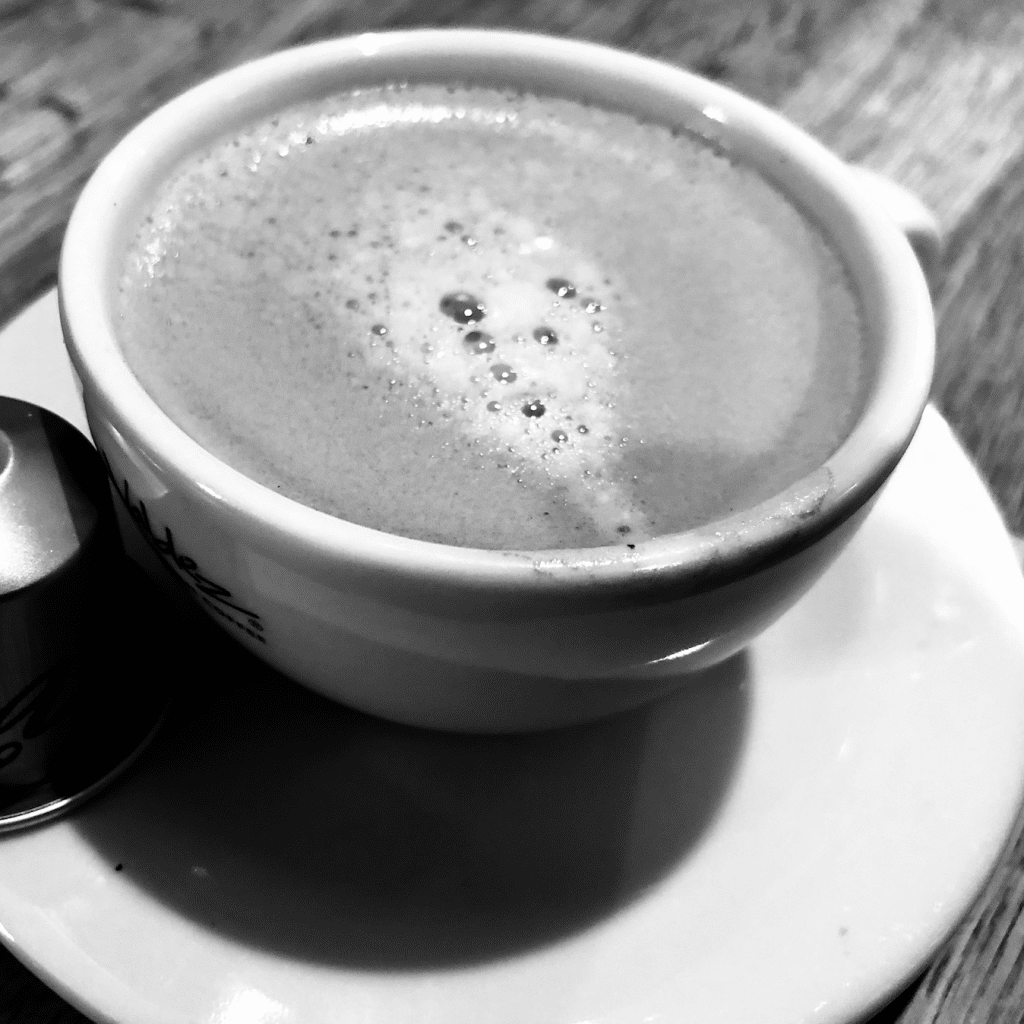People LOVE caffeine, and strength athletes are no exception. Caffeine is the most widely used psychoactive substance in the world, hands-down. And for years people have believed that caffeine is a diuretic. In other words, you cannot hydrate with a substance that contains caffeine.
Where'd that theory come from?
According to Lawrence Armstrong, a professor in the Department of Kinesiology at the University of Connecticut, there was a study performed in 1928 that noted an increase in urination in people who consumed caffeinated beverages. The conclusion? Caffeine is a diuretic. And it’s withstood the test of time.
But it’s not that simple.
Armstrong goes on to say, “The truth of the matter is, a small increase in urine output has little to do with dehydrating the body.” He clarified by saying that any increase in fluid input will lead to an increase in urine output. "If you drink a liter of water, [urination] will increase. That doesn’t mean you shouldn't drink water.”
In 2005, Armstrong and his team set out to debunk this myth. Here’s what they did: they took 59 healthy males. They controlled their diet and supplemented their daily consumption with body-mass-appropriate doses of caffeine. This was administered twice a day via capsule. FOR 11 DAYS. Additionally, they used 20 different hydration biomarkers, including urine volume and fluid-electrolyte balance, to assess dehydration.
So what's the science say?
- Armstrong and his team found that: caffeine does not have a dehydrating effect when compared to the control group. His team also concluded that the dosage doesn’t matter. In other words, a higher dose of caffeine is no more likely to dehydrate a person than a lower dose.
- Additionally, the results of a separate study of 50 healthy males conducted in 2014 determined that coffee did not result in dehydration when provided in a moderate dose of 4 mg/kg BW caffeine in four cups per day.
So why drink water?
- Water helps dissolve minerals and nutrients, making them more accessible to the body.
- Water helps to remove waste products.
- The kidneys play a key role in balancing fluid levels. These two functions make water vital to the kidneys.
- Cartilage is more than 80% water, so water lubricates joints.
- Blood is 90% water. Blood carries nutrients and oxygen to different parts of the body.


